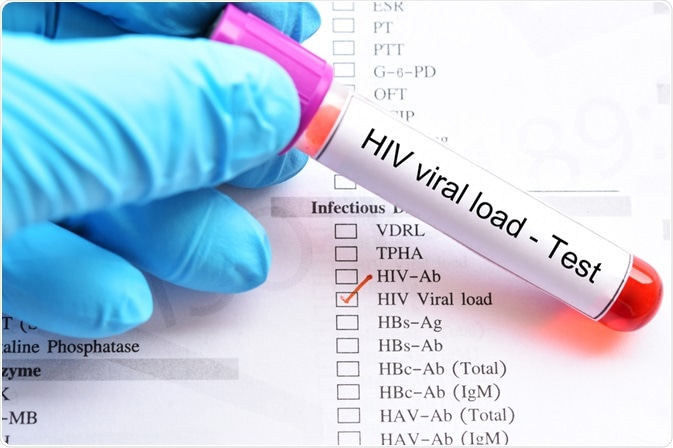BREAKING NEWS! HIV: Study Shows New HIV Drug Lenacapavir Taken Once Every Six Months Can Maintain Low Viral Loads Effectively
Source: HIV and Lenacapavir Jul 02, 2020 5 years, 6 months, 3 weeks, 5 days, 12 hours, 39 minutes ago
HIV and Lenacapavir: Gilead scientists are reporting an early step toward an HIV drug that could potentially be taken only a couple of times per year.

A new study showed that a single injection of the experimental drug, called lenacapavir, was able to lower blood levels of HIV in a small group of patients. And it was capable of maintaining active levels in the blood for more than six months.
The study findings was published in the medical journal: Nature
https://www.nature.com/articles/s41586-020-2443-1
This new study findings raises the possibility of one day having an HIV treatment that only needs to be taken twice a year.
Study co-author Dr Martin Rhee director of clinical research for Gilead Sciences Inc which is developing lenacapavir told Thailand Medical News, “The present treatment regimens for HIV ie a combinations of oral drugs often called cocktails" generally work quite well but patients often say that over time, taking daily pills can be a burden. So the hope is that longer-acting HIV medications could free people from daily pills.”
He said that longer-acting drugs could also potentially offer a simpler way to prevent HIV in high-risk people: Right now, that's done with a daily pill regimen known as PrEP (pre-exposure prophylaxis).
But much more work remains ahead. The new study offers a "proof of principle" that a dosing interval of every six months is possible.
The study team found that in 40 healthy people, lenacapavir appeared safe and could remain active in the body for more than six months. And in 32 people with previously untreated HIV, a single injection reduced viral levels in the blood within nine days.
Dr Rajesh Gandhi, an infectious disease physician at Massachusetts General Hospital, in Boston said, It is encouraging that the drug is amenable to dosing every six months.”
Dr Gandhi, who is also chair-elect of the HIV Medicine Association, agreed there is a need for longer-acting HIV drugs.
However the catch is that HIV is not treated with one drug alone to keep the virus suppressed and limit the chances of it becoming resistant to medication.
Hence for any twice-a-year regimen to become a reality, Gandhi explained, two long-acting drugs would have to be paired.
He added, "So the question is, what do you partner this drug with?"
Dr Rhee said Gilead is working on such a partner. More immediately, the researchers will study the effects of lenacapavir, taken every six months, in HIV patients who've tried many standard drugs and are resistant to them.
He said that other longer-acting drugs for HIV are further along, though the doses are more frequent than twice a year.
The research team are studying a combination of two injectable drugs ie cabotegravir and rilpivirine that is given monthly. The hope is to keep HIV suppressed in patients who've gotten the virus down to very low levels with standard oral drugs.
Also, cabotegravir is also being tested fo
r preventing HIV in high-risk people, according to the U.S. National Institutes of Health. In those trials, injections are given every two months.
While infrequent doses would be convenient and hopefully make adherence easier, there are safety questions. If people have side effects from the drug, for example, does that mean they are stuck with them for six months?
In order to avoid that, Dr Gandhi said, studies have been using a "lead-in" phase: Patients first take oral versions of the long-acting drugs, to make sure they can tolerate them.
However another concern, Gandhi said, is what could happen if patients miss or delay an injection: As levels of the drug wane in the body, the virus could come roaring back, and possibly develop resistance to the medication.
Dr Rhee agreed that is an issue that will face all long-acting HIV medications under development.
Even then, the progress toward new options is encouraging, according to Dr Gandhi.
Individuals with HIV should know that scientists are still working on new treatments, he said, including ways to potentially cure it.
For more on
HIV and Lenacapavir, keep on logging to Thailand Medical News
